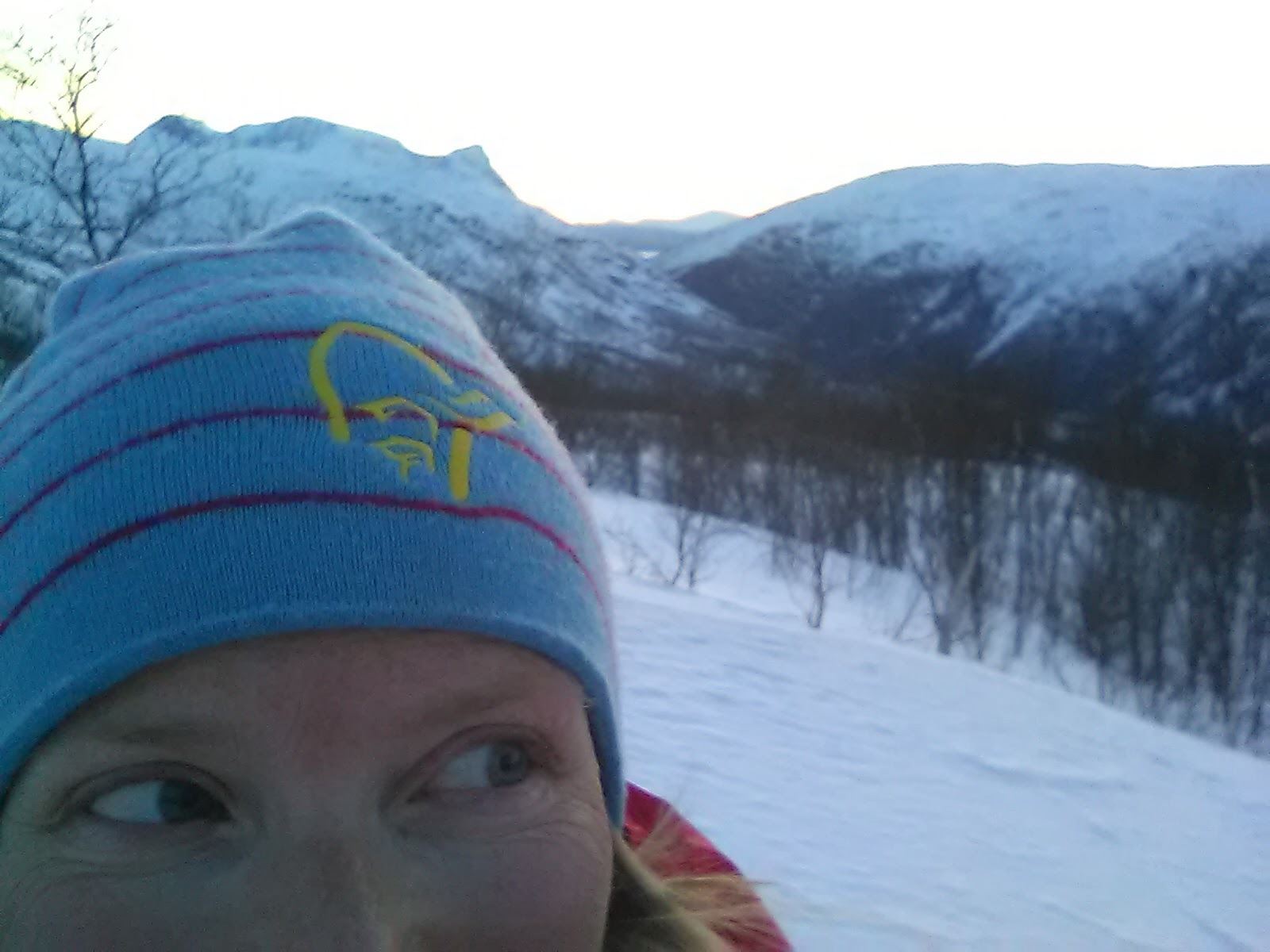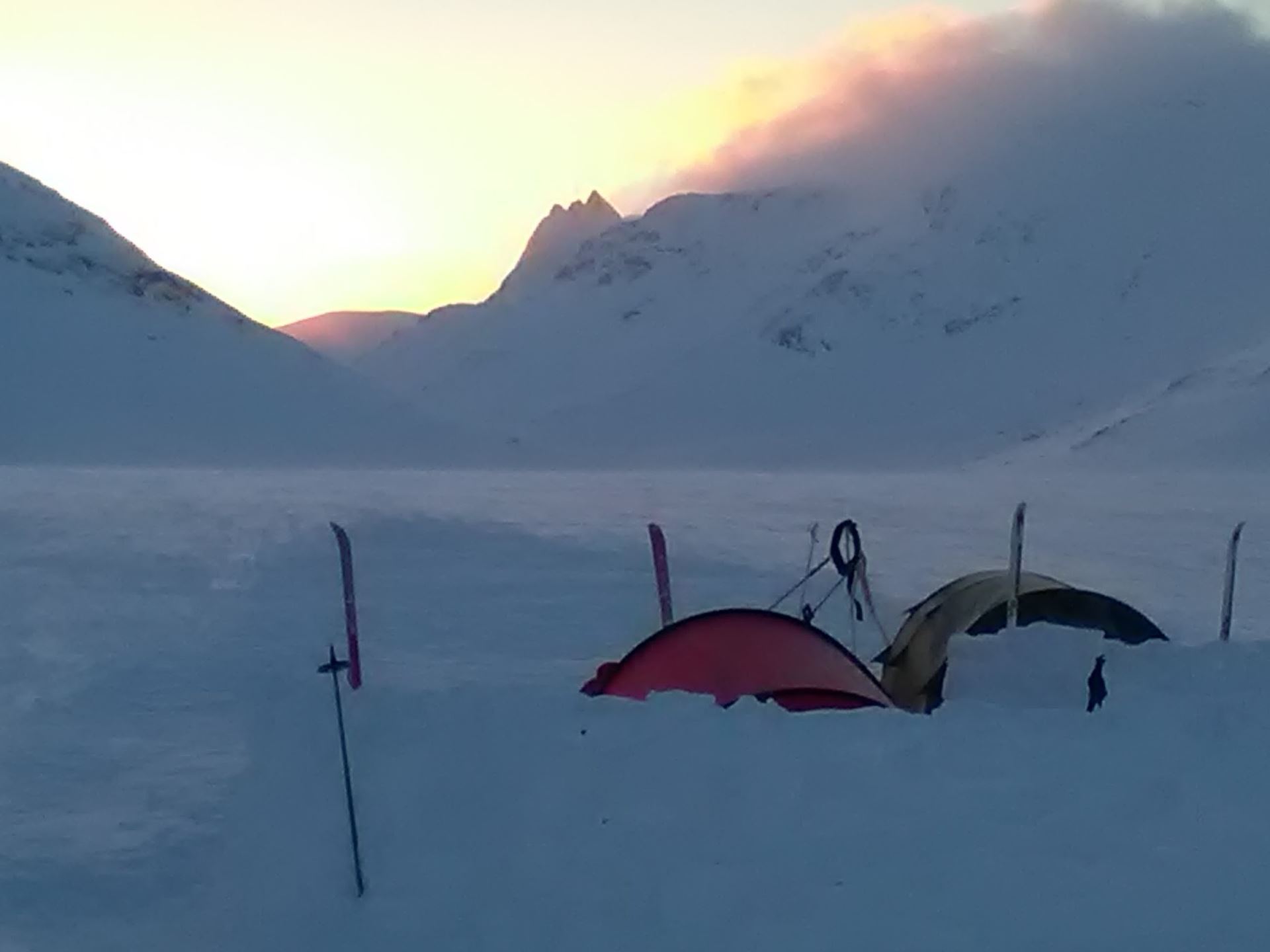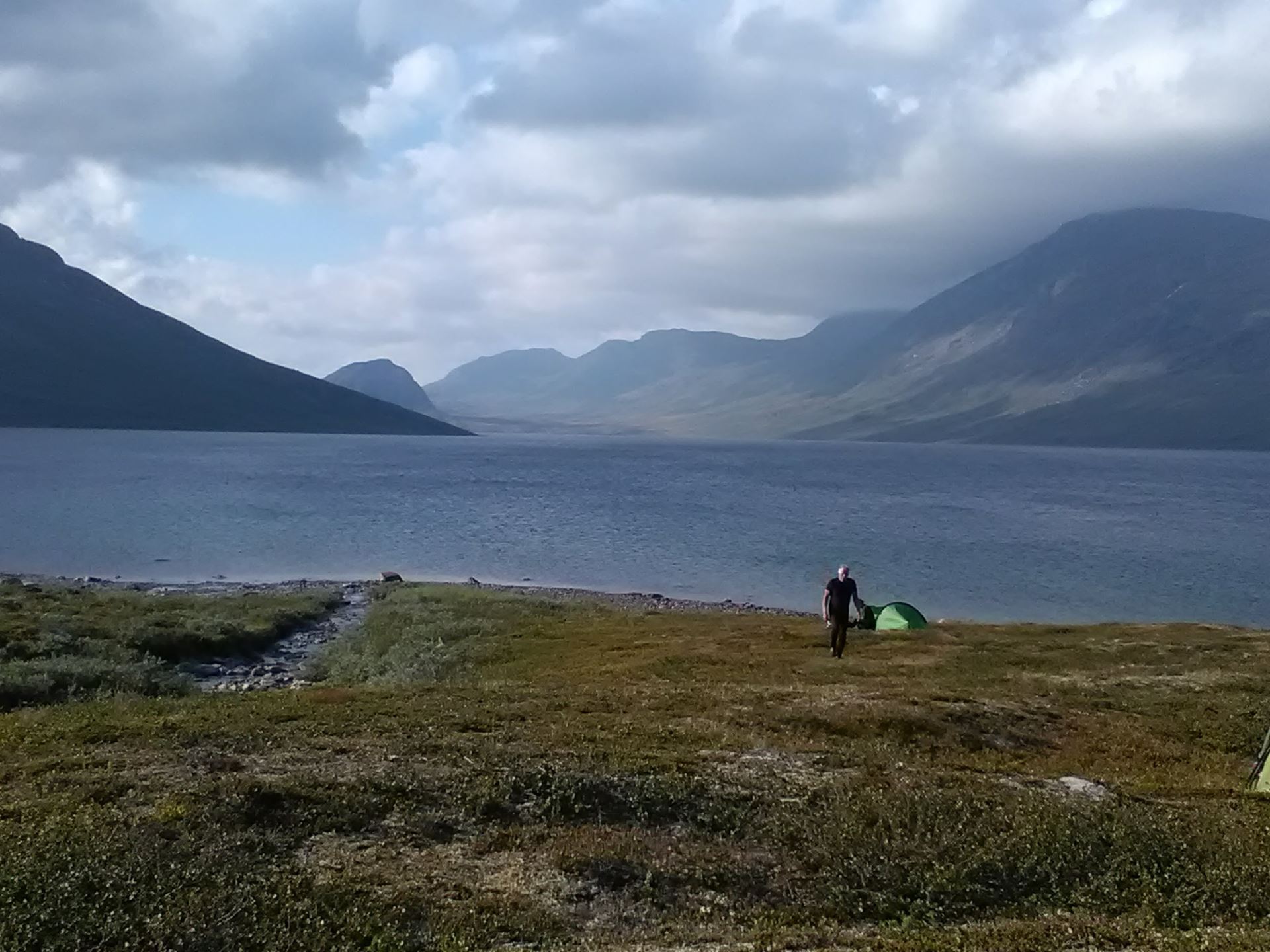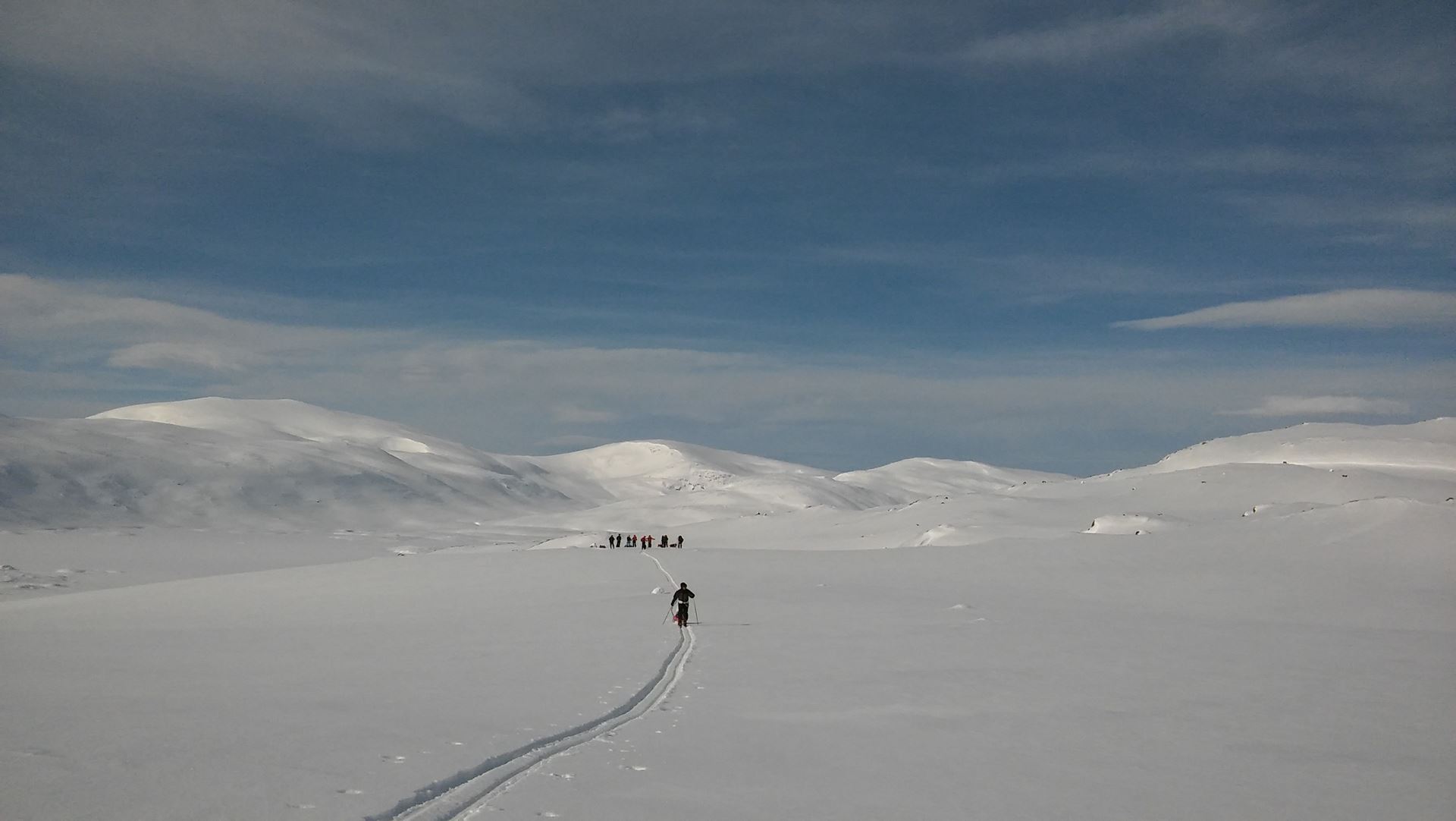 Kaisu Innanen is a PhD researcher and experienced communication specialist. Her dissertation project, titled Researchers as Science communicators, is studying researchers’ and communications professionals’ perceptions of science communication and collaboration from the viewpoints of science communication and organizational communication research. She has spent her working career in the fields of culture, education, and science in Finland. Currently she is writing her dissertation on sabbatical from the Faculty of Information Technology and Electrical Engineering at the University of Oulu, Northern Finland.
Kaisu Innanen is a PhD researcher and experienced communication specialist. Her dissertation project, titled Researchers as Science communicators, is studying researchers’ and communications professionals’ perceptions of science communication and collaboration from the viewpoints of science communication and organizational communication research. She has spent her working career in the fields of culture, education, and science in Finland. Currently she is writing her dissertation on sabbatical from the Faculty of Information Technology and Electrical Engineering at the University of Oulu, Northern Finland.
When and how did you start with arctic hiking?
My hiking has developed in small steps. During (downhill) skiing holidays in my twenties in Northern Finland, on the horizon I saw higher fjells that I wanted to explore. So next time I travelled further north, all the way to the border of Finland and Norway, and was enchanted by the stunning, dramatic Scandinavian Mountains that in Norway fall steep into the sea. In Finland we call it the Lapland graze, and many people experience it. They return year after year to Lapland for hiking and other outdoor leisure, and feel themselves captured in a very positive way. It has a lot to do with the sense of true wilderness and the ancient landscape with the indigenous Sami people’s mythologies. Luckily I never recovered from it.
For many years I travelled by car and even the Norwegian coastal ships up in the North, and went just for short hikes. As my kids grew older, it was time to graduate to longer hikes. I remember the first winter hike trails: as an exchange student at the University of Tromsø, Norway, I joined the Easter skiing hike group to the Lyngen Alps. But we foreigners didn’t have the right kind of skis: they were far too light to climb the steep, hard, frozen slopes. The next trial was as bad in Northern Finland at Pallas fjell, where we had too heavy, randonnee slalom skis for the forested landscape with powdery snow.
I always choose to hike in the open landscape above the tree line (fewer mosquitos). For a beginner, the hiking facilities and cabins along the Kungsleden trail on the Swedish side of the Scandinavian Mountains are great, as beds and food are available in the cabins. I learned my skills by joining a local Lapland hiking group. On easy trails I’ve been hiking alone, and that way one can meet great hikers, but I would not go alone outside the hiking tracks in the winter, since the conditions may get too rough, hostile, and I wouldn’t enjoy a snow storm alone.
What would you say is your biggest achievement in arctic hiking?
The best achievement is that, after a long training, I really got to know myself as a hiker. That is a matter of enjoyment and safety as I know my strengths and limits as a hiker. I also know the details of hiking gear and food, and those won’t take too much attention from the focus anymore: enjoying nature. For example, in order to sleep in a tent in snow, one must trust the equipment, and for me as a small lady it is crucial to minimize the weight of the hiking gear and food, so that I can carry everything in my sledge for days. I’ve become self aware to know when to stop, take a break and sit down for a snack even if there’s no shelter, and it’s raining miserably.
My longest hikes have been for ten days, around in Paddjelanta in Sweden and Sulitjelma in Norway, but I would like to go even longer.
 In what ways is arctic adventure different from your academic career? And what is perhaps similar?
In what ways is arctic adventure different from your academic career? And what is perhaps similar?
The similarities have to do with the lengthy, systematic preparatory phases for the hikes: one has to take everything into account as you will have to survive with what you packed with you, but not overload the sledge. Just as with qualitative article writing, one has to focus and consider, which of the ideas deepen the analysis, but fit into the word count. Also, when we orienteer/navigate outside the trails, one has to plan the route in theory on the map, and qualitatively allow the empirical material of the landscape to draw the trails and results. One has have the mental strength to overcome the difficulties along the way.
The greatest difference between hiking and academic work is that in nature, there simply are no words. Not one. Everything is natural, concept free and organic, and my thinking escapes from the analytical to a more holistic, embodied human experience of being. It is such a great break for the brain, and enjoyment of experiencing something else, literally. The experience of beauty of the wilderness is strengthened by the physical exercise: after the days’ exhausting hike, when one is finally relaxing with a great dried meal, the details of the setting sun’s red shades on the mountainside snow in the endless landscape are even more overwhelming.
Do the trips to arctic nature conflict with your academic work, such as missing deadlines or having to choose between events?
One has to prepare for the deadlines in advance, as there is no way to write, or wireless networks to access with laptops on rucksacks. I had to retreat from my winter hike for travelling to the Public Communication of Science and Technology Conference in New Zealand in 2018. I had some severe trouble in concentrating in the academic writing retreat over there, as the nature outside the room was calling me.
Would you recommend your hobby to other academics?
Of course, it is an excellent way to get a real break, and boosts a different way of thinking that also refreshes the analytical mind. I found another way to experience this when I was visiting the Science Communication Unit at the University of the West of England, Bristol as a PhD student last year. I started to train Argentinian tango which also forces one into different, bodily thinking. It turned out that most of the dance students were academics.
Photos: Personal archive of Kaisu Innanen.